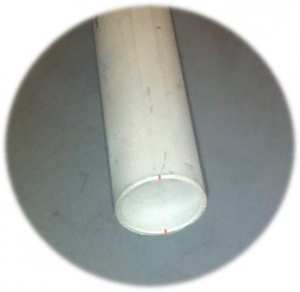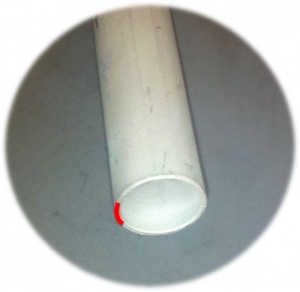Difference between revisions of "End-Scan Using the End Wall"
From ATTWiki
(→Another Way to Use This End-Scan Technique) |
(→Another Way to Use This End-Scan Technique) |
||
| Line 47: | Line 47: | ||
===Another Way to Use This End-Scan Technique=== | ===Another Way to Use This End-Scan Technique=== | ||
| − | The advantage of this method is that it is less prone to outlier points.<br><br> | + | * The advantage of this method is that it is less prone to outlier points.<br><br> |
| − | The disadvantage is that it is hard to aim at thinner walls. | + | * The disadvantage is that it is hard to aim at thinner walls. |
<table cellpadding=10> | <table cellpadding=10> | ||
Revision as of 23:00, 27 January 2012
|
|
Why the End-Scan technique is important
|
This end-scan method is useful for increase in precision over the scissor method.
|
How To Use This End-Scan Technique
|
Another Way to Use This End-Scan Technique
- The advantage of this method is that it is less prone to outlier points.
- The disadvantage is that it is hard to aim at thinner walls.
|
Other Pages
- Go to End-Scan Using the End Wall
- Go to End-Scan Using End Targets
- Back to VTube-LASER



